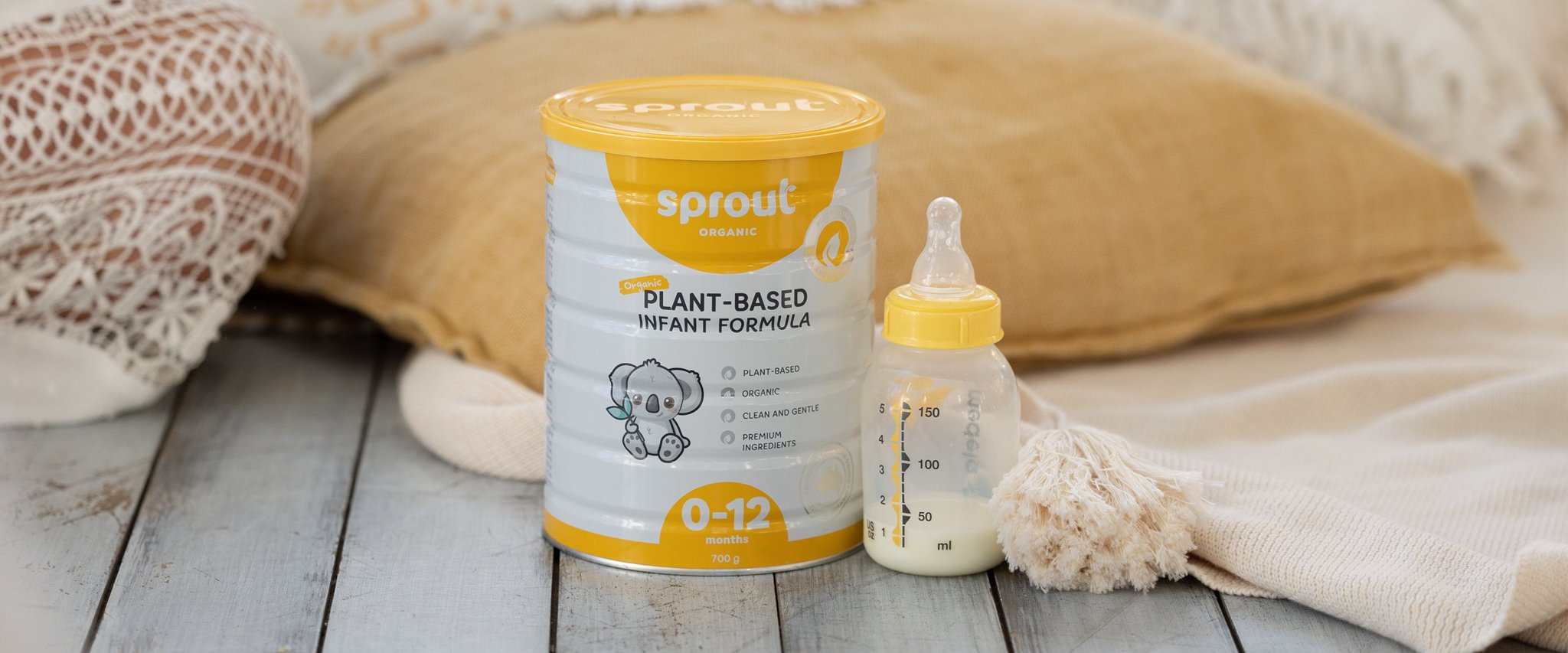5 Common Breastfeeding Problems and Solutions!
If you’re reading this article, chances are you’re having a few concerns about breastfeeding your child, or perhaps you're unfairly comparing yourself to other mums you know. It’s an easy trap to fall into, but it doesn’t help! All that worrying and self-doubt can cloud the fact that every mother’s needs, especially yours, are unique. The most important thing to remember is —
You're Not Alone
A research study of 500 new mothers provided some insight into how many mums struggle with breastfeeding. Perhaps unsurprisingly, it took just three days for 92% of the mothers to report troubles. With such a high percentage, it’s likely there were a few false alarms — and that’s okay. Even if it’s not your first child, each baby is different. Let’s look at some common nursing issues below.
Trouble Latching
This term describes the contact bond between a baby’s mouth and the breast in order to suckle. Latching tends to be a big concern with new mums, as adequate nutrition intake is essential for a baby’s growth, and if they can’t latch, then they can’t feed without a breast pump or formula. The key is to point the nipple to the roof of the baby’s mouth, and try and have them grab onto some areola as well. Some babies (about 4-11%) may experience “tongue-tie”, which is when the lingual frenulum underneath their tongue is too short. This inhibits them being able to open their mouth wide enough. A simple surgery can fix this, so book in with your GP if you suspect this may be the case.
Breastfeeding Hurts
The pressure and suction that a baby will produce when feeding, coupled with full breasts of milk will be unlike anything you know. On average, a newborn can feed 4-13 times per day, for anywhere between 12 minutes to an hour per session. This is taxing work! The nipples are prone to a number of dry skin conditions, with cracking and bleeding being the most common. The Montgomery glands (little areola bumps) produce natural oils in order to moisturise your nipples. Try to only wash your nipples with warm water, and avoid soap or gel as it can clean the oils away. Dab or air-dry afterwards. You don’t need to wash your nipples after each feed, as even breast milk is moisturising. The surface bacteria after feeding can actually be healthy for your baby’s microbiome. Not to mention the Montgomery gland oils secreted contain antimicrobial properties.
How Long to Breastfeed and Is My Baby Getting Enough Milk?
A baby may drink anywhere between 54 - 234ml per feed. Also of note, is that boys on average drink 76ml more per day. In the first 4-26 weeks, your baby’s metabolism will be fire high and they will have exponential growth spurts. In the following 3-6 months, their metabolism begins to slow, but they’re still going to be drinking the same amount of milk. One way to monitor if your baby is getting enough milk is by checking their nappy. A young baby will usually have three or more soft or runny bowel movements each day for several weeks. An older baby is likely to have fewer bowel movements than this. Formed bowel motions suggest that the baby may need more breastmilk and you should seek medical advice. Of course, as soon as you notice any drastic changes in their feeding behaviours, book a consultation with your GP immediately.
Should I Alternate With Formula?
We know that “Breast is Best”, however even superhuman mummies need a helping hand sometimes. You may be back to work, experiencing an infection or latching issues, or having trouble with milk production. Bottle feeding can still be a bonding experience with your baby regardless. Always make sure to maintain skin on skin contact, look into your baby’s eyes and even swap sides every so often to keep them in their usual feeding routine. This is also a perfect time to get dad to experience the joy of bonding through nursing (as well with bottle-feeding pumped breastmilk).
Professional Help With Breastfeeding
Any ongoing issues with breastfeeding can be discussed with a lactation consultant either before or after birth, and usually both. They can assess the baby’s latch and provide you with a plethora of tips and feedback, ranging from feeding positions to a baby’s optimum weight for their age.
Remember on your tired days especially, all loving mums are superheroes!






Leave a comment